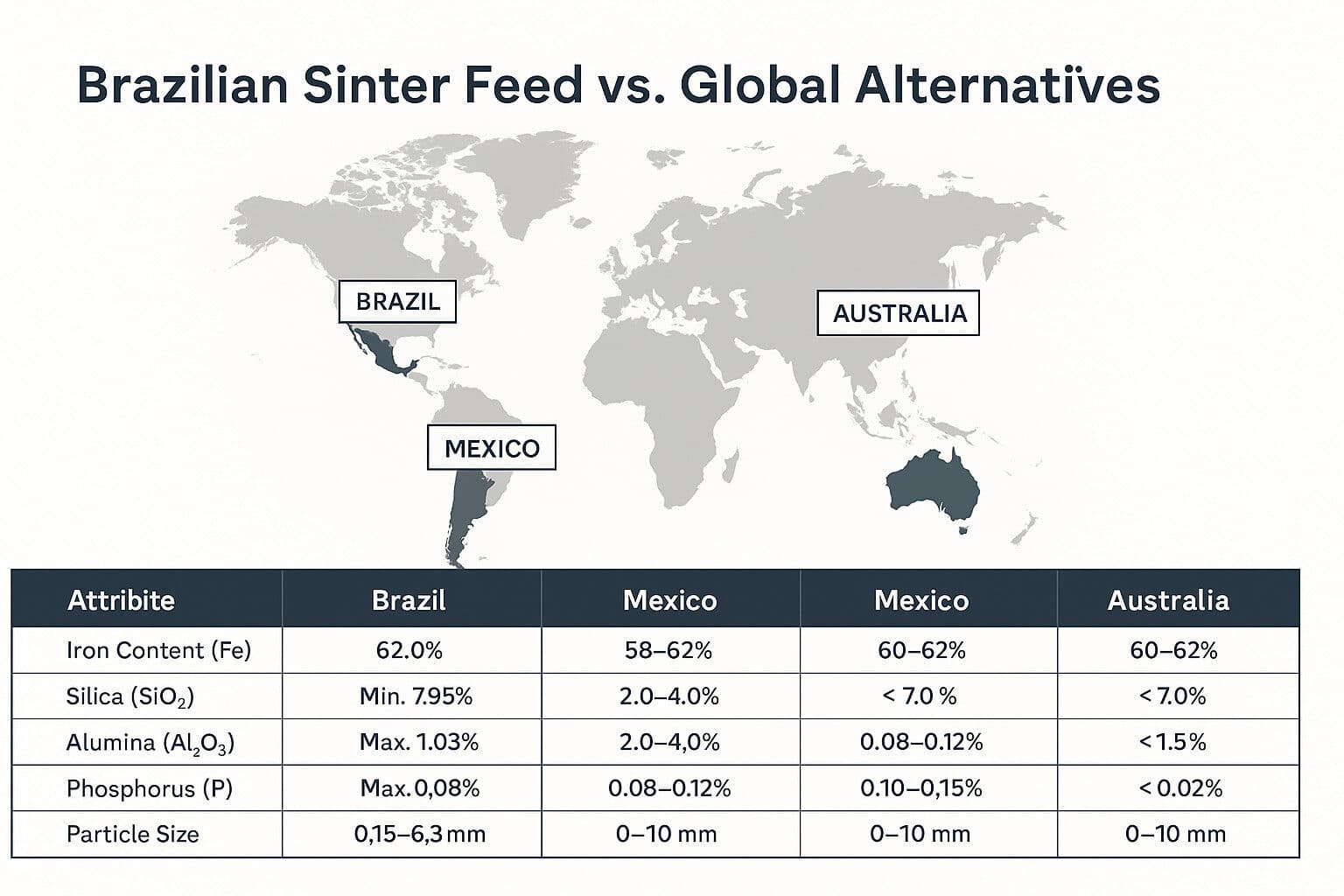India’s Aspiration for Coal Independence: Elevating Fuel Standards and Economic Prosperity
India, a colossal consumer of coal on the global stage, has set its sights on an audacious objective: to become coal import-free by 2025-26. This strategic maneuver aims to fortify the nation’s energy security, augment fuel quality, and propel economic growth. Let us explore the nuances of this goal and its profound implications.
Deciphering India’s Coal Import-Free Ambition
The Impetus for Self-Reliance
India’s dependence on imported coal has been a substantial economic encumbrance. By striving for coal independence, the country seeks to diminish its reliance on foreign suppliers, stabilize energy prices, and ensure a consistent fuel supply. This self-sufficiency is pivotal for sustaining India’s rapid economic expansion and industrial progress.
The Pivotal Role of Domestic Coal Production
To achieve this goal, India is intensifying its domestic coal production. The government has initiated various policies and investments to modernize mining infrastructure, enhance efficiency, and increase output. This domestic focus not only supports the coal import-free ambition but also generates employment opportunities and invigorates local economies.
Influence on Fuel Quality
Elevating Domestic Coal Quality
One of the primary concerns with domestic coal is its quality. Indian coal often has a higher ash content compared to imported coal. To address this, the government is investing in technologies to improve coal washing and processing. Enhancing fuel quality is essential for reducing emissions and ensuring efficient power generation.
Innovations in Coal Technology
India is also exploring advanced coal technologies, such as clean coal technologies and carbon capture and storage (CCS). These innovations aim to make coal a cleaner and more sustainable energy source, aligning with global environmental standards.
Economic Growth and Energy Security
Bolstering Industrial Development
A stable and secure supply of coal is vital for India’s industrial sector. By becoming coal import-free, the country can ensure a consistent energy supply for its manufacturing and power sectors. This stability fosters industrial growth and attracts foreign investments, further driving economic development.
Mitigating Trade Deficits
Importing coal has contributed to India’s trade deficit. By reducing or eliminating coal imports, the country can improve its balance of payments. This financial stability is crucial for sustaining long-term economic growth and reducing dependence on foreign currencies.
Challenges and Solutions
Infrastructure and Logistics
One of the significant challenges is the need for robust infrastructure to transport coal efficiently from mines to power plants. The government is investing in railways, roads, and ports to streamline coal transportation and reduce logistical bottlenecks.
Environmental Considerations
While coal remains a critical energy source, its environmental impact cannot be ignored. India is committed to balancing its coal import-free goal with sustainable practices. This includes promoting renewable energy sources alongside coal and implementing strict environmental regulations.
India’s ambitious goal to become coal import-free is a strategic move that aims to enhance energy security, improve fuel quality, and drive economic growth.
By ramping up domestic coal production, investing in advanced technologies, and addressing environmental concerns, India is paving the way for a more self-sufficient and sustainable future. This initiative not only supports the country’s industrial development but also positions India as a global leader in energy policy.







